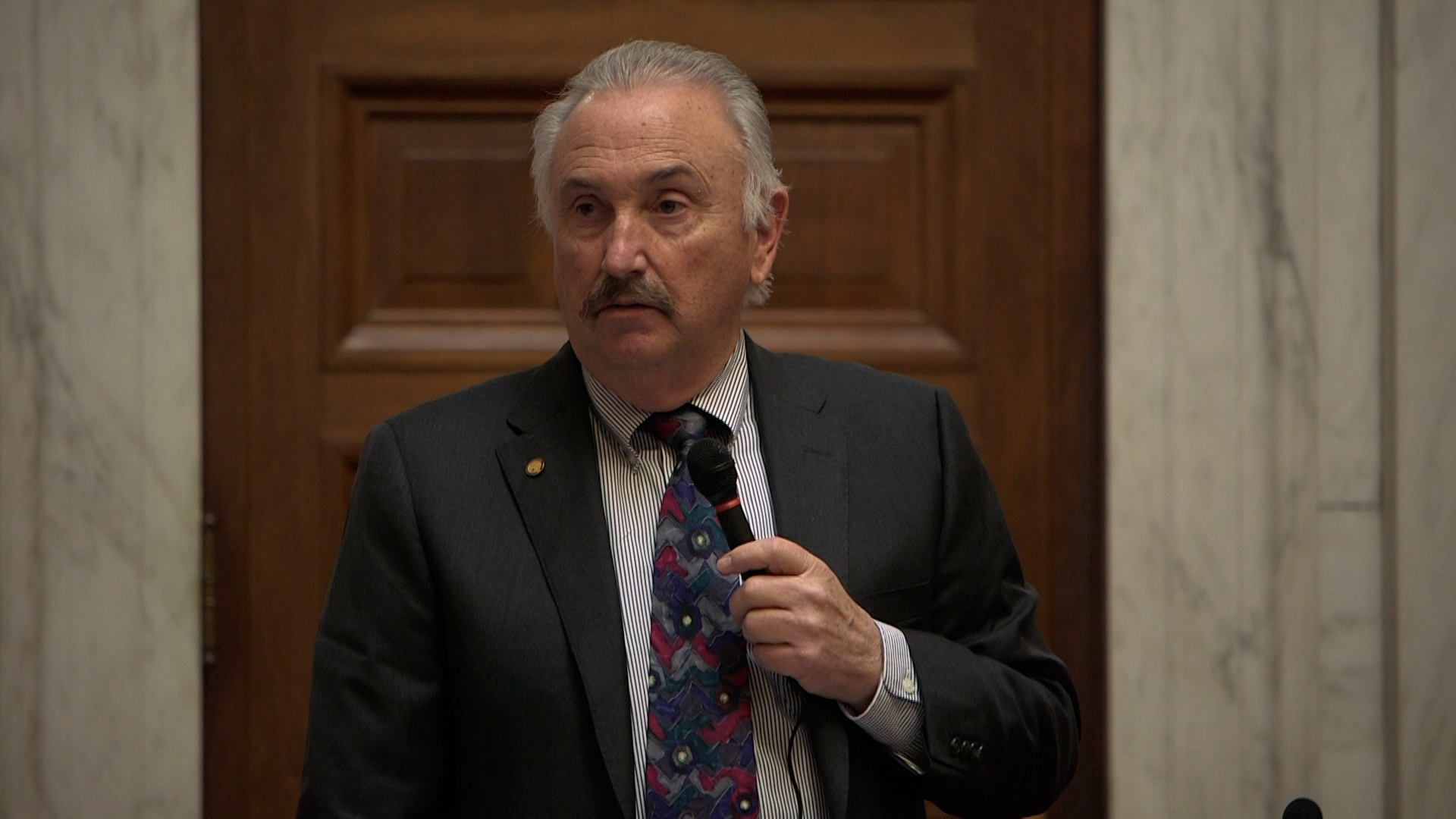A bill that limits the number of substance use treatment beds per West Virginia county is now headed to the governor for his signature.
House Bill 3337 passed the House after returning from the Senate amended. It limits the number of substance use disorder 28-day treatment beds to 250.
At 288, Wood County has 26 percent of the state’s treatment beds. Thirty-nine counties have zero. Del. Vernon Criss, R-Wood, said the limit is needed to counter an overwhelming influx of out-of-state patients who he says abuse a system meant for West Virginians.
“We are recruiting people from Idaho, Montana and Colorado. They’re coming to West Virginia, they are coming to Parkersburg. They’re coming to take those beds,” Criss said. “If they took their treatments, and did what they said they were going to do to get better, that’s all fine and well, and they become productive citizens again. But they didn’t do that. They got into the program, they quit the program and became problems for the city of Parkersburg and for the county of Wood.”
Del. Mike Pushkin, D-Kanawha, was one of several who opposed the bill. Pushkin said treatment bed numbers should be based on a county’s need – not an artificial number.
“At some point that might be more than 250 in some counties, but a lot of counties, that won’t be 250. But when you cap it, once again, you’re increasing the value of the license and those licenses will be sold,” Pushkin said. “I think that there are a lot of issues the state’s facing – whether it’s homelessness, petty crime. I personally think that, that will go on if you have less treatment options.”
The bill passed 76 to 19 and is effective from passage; it goes to the governor’s desk for a signature.
The House also passed Senate Bill 99, which establishes procedures for potential consolidation of school districts. Legislators raised concerns about the possible loss of employment, and severance pay with potential consolidation. Neither issue was addressed in the bill.
And they passed House Bill 2917, which allows retired state employees who meet the minimum qualifications necessary to go back to work for the Department of Health and Human Resources. The department faces continued employee recruitment challenges and several state departments are working to bring back retirees.
